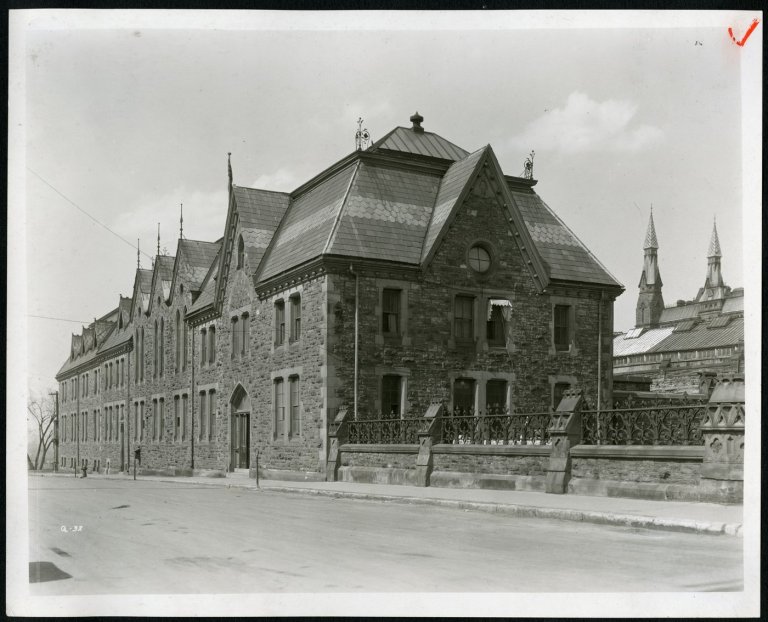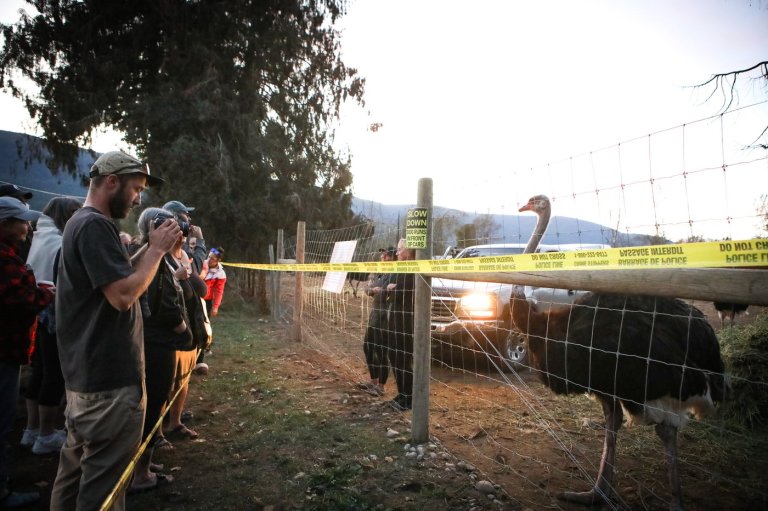
Quebec coroner says deaths of 47 Lac-Megantic residents were avoidable
QUEBEC – A Quebec coroner says the deaths of 47 people in the explosion of an oil tanker train in Lac Megantic in July 2013 could have been avoided.
Dr. Martin Clavet issued a report Wednesday for each of the 47 victims, but said he would not comment about civil or criminal responsibility because of pending criminal charges.
Engineer Tom Harding, railway traffic controller Richard Labrie and Jean Demaitre, the manager of train operations for the now-defunct Montreal, Maine & Atlantic Railway, each face 47 counts of criminal negligence causing death. A conviction carries a maximum life sentence.
After recounting the final minutes in each victim’s life, Clavet declared in the report that the “violent” deaths were avoidable.
Many of those who died were trapped inside the Musi-Cafe, the bar and restaurant that was ground zero in the killer explosion.
The coroner had difficulty determining the exact cause of the deaths of some victims because of the condition of their remains.
In his recommendations, Clavet urged Ottawa to review its regulations to determine the number of brakes that need to be enabled on trains.
He also recommended that the federal government ensures trains carrying dangerous materials on a main track have proper supervision.
A federal measure to that effect expired in December 2013 and Clavet recommended it be re-introduced until Canadian rail companies implement additional security measures.
“There have already been notable advances and numerous aspects of rail security have been clarified,” Clavet said in a statement that accompanied his reports.
“However, deficiencies persist and certain measures still have to be clarified.”
Questioned by reporters in Ottawa, Transport Minister Lisa Raitt noted that the government had already taken action.
“There’s a lot of these matters that we’ve already addressed through our legislation,” she said Wednesday.
“We’ve been working with municipalities and rail on all of these matters. So we’ve heard this before. It’s great to see it again.”
In an email sent to The Canadian Press, a Transport Canada official said the department was currently working to address the Transportation Safety Board’s recommendations stemming from its investigation into the derailment.
The runaway train roared into the heart of Lac-Megantic in the wee hours of July 6, 2013, derailed and exploded, destroying much of the community.
Hours before the deadly blast, the train’s locomotive and its 72 tankers were parked for the night about 12 kilometres up a steep grade from Lac-Megantic.
It was left unattended with its engine running to ensure its air brakes remained enabled.
But the locomotive later caught fire and the engine was shut down by the local fire department who left the scene.
The TSB’s report said Harding applied an insufficient number of hand brakes on the train — seven — and conducted an inadequate test before he left the convoy unattended and retired to a local inn for the night.
Before he left, Harding called MMA’s rail-traffic controller to report mechanical problems on the locomotive and thick smoke belching from its exhaust. They agreed he could leave the engine for the night.
In its Aug. 19 report, the TSB identified 18 key factors it said led to the Quebec catastrophe. It noted that the combination of a lack of government oversight and a penny-pinching railway contributed to the disaster.
— With files from Stephanie Marin and Peter Rakobowchuk in Montreal and Lina Dib in Ottawa
Join the Conversation!
Want to share your thoughts, add context, or connect with others in your community?
You must be logged in to post a comment.


















